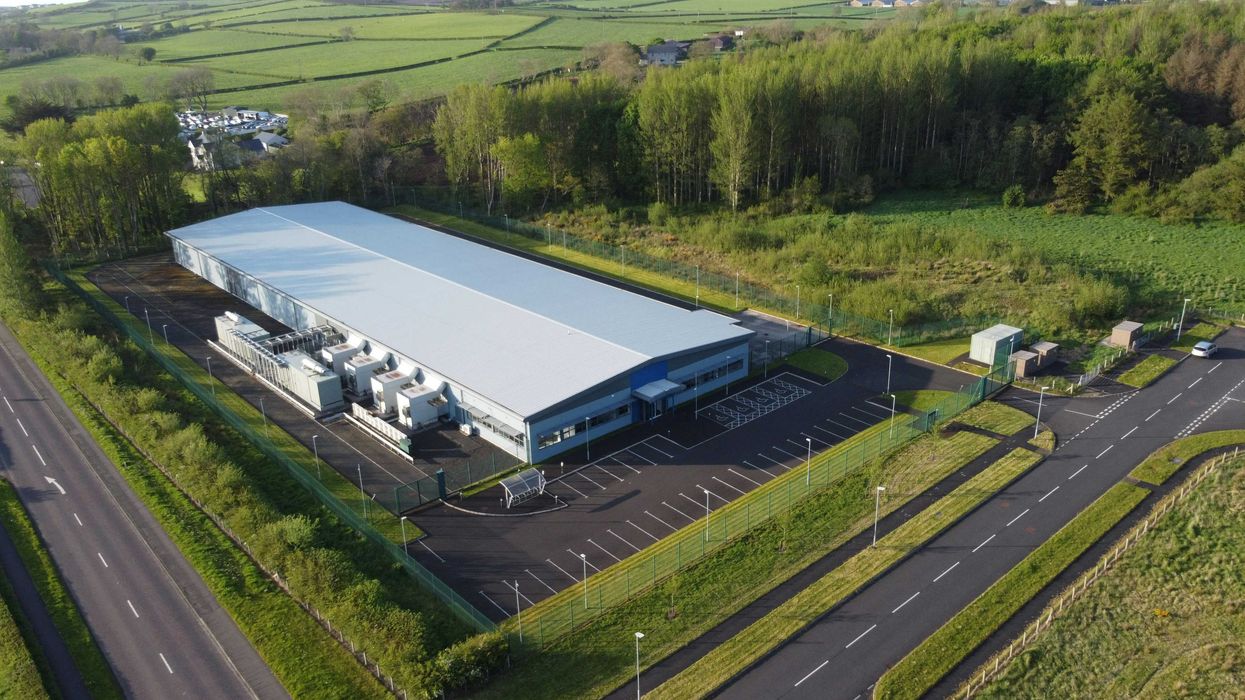A controversial new offshore gas operation in northern Senegal has triggered growing anger from local fishermen who say it’s destroying their livelihoods and failing to deliver promised economic relief.
Wilson McMakin reports for The Associated Press.
In short:
- The Grand Tortue Ahmeyim offshore gas project, operated by BP and Kosmos Energy, began production in late 2024 and aims to produce millions of tons of liquefied natural gas annually, but has been met with discontent in nearby fishing communities.
- Local fishers in Guet Ndar report sharp declines in their catches and rising gas prices, despite government promises of lower energy costs and economic benefits; many boats now sit idle and unused.
- A recent gas leak, which BP acknowledged but described as having negligible environmental impact, raised concerns from Greenpeace and residents about the threat to deep-water coral reefs and marine biodiversity.
Key quote:
“This is our land and sea, why don’t we get a voice?”
— Mamadou Sarr, president of the Saint Louis fishermen’s union
Why this matters:
Fishing in Senegal supports over 600,000 jobs and feeds both the domestic and export markets. But the combination of industrial-scale overfishing and now exclusion zones and underwater disturbances from gas infrastructure threatens marine life and food security. The offshore gas project sits near the world’s largest deep-sea coral reef, an ecosystem that scientists say could take centuries to regenerate if harmed. Leaks of methane — a potent greenhouse gas — add environmental risk. And while the gas is sold as a cheaper, cleaner domestic fuel, many Senegalese say prices are rising and state promises remain unmet. With a new president pledging to audit extractive industries, communities are watching to see whether oil and gas wealth will serve the public or deepen inequities.
Related: Toxic mercury use in Senegalese gold mining endangers health and environment














